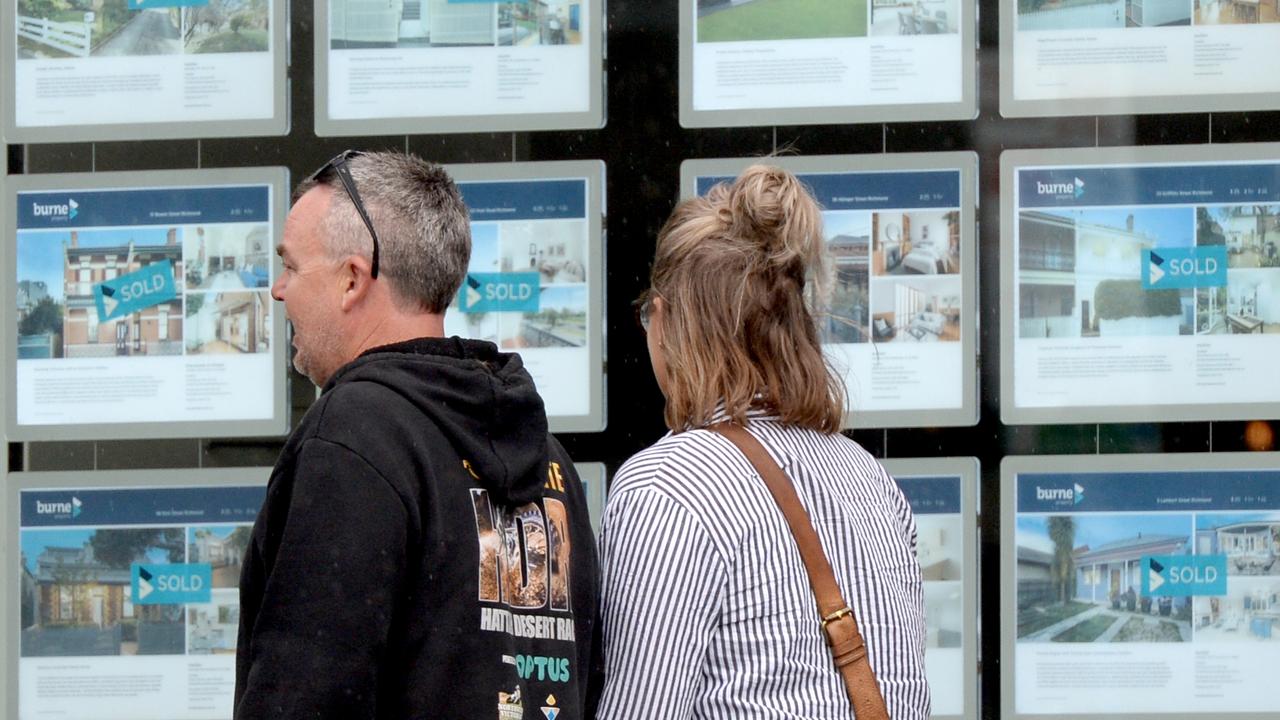Insane reason family is leaving Australia
A hidden issue is playing out across Australia which will have long term consequences for the country.
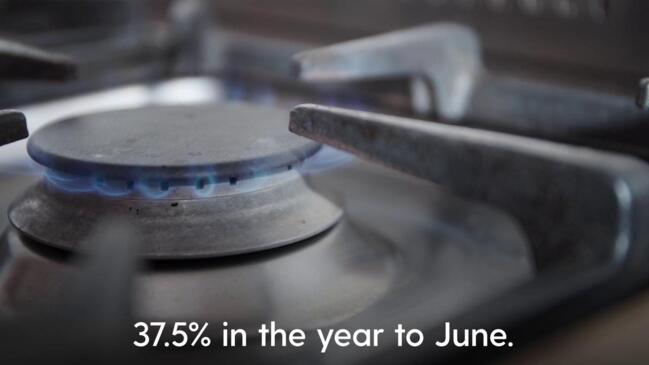
There’s a hidden part of the cost of living crisis which is heaping pressure on families and even forcing some to leave Australia.
It’s no secret that everything is more expensive, but as a result families are being put in an impossible situation where they can’t survive on one salary alone during one of the most joyous times of their lives.
As a result new mums are being forced to return to work when their babies are just a few months old.
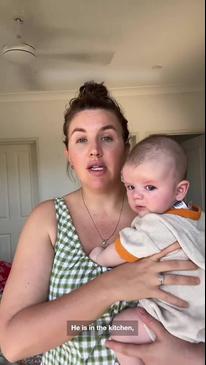
Emily, whose name has been changed to protect her privacy, is one of those mums. The Sydney woman was only able to take four months off when she had her first child before she had to go back to work.
But even 14 months later, the situation has become so dire that the family, who are originally from the UK, are planning to leave the country for good.
Emily and her partner, who works in construction, were originally going through the process of getting their permanent residency.
But in the back of their minds they have always had the “stress of can we actually afford to live here”, she said.
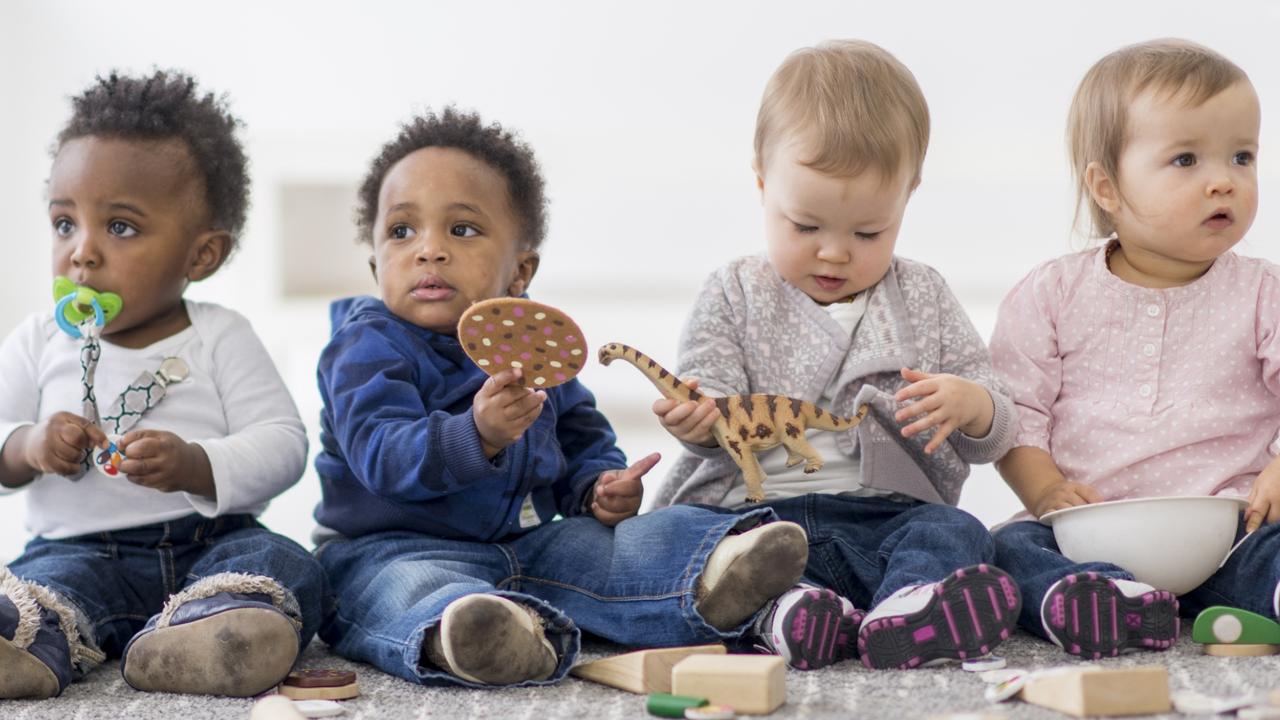
The reality was stark, particularly as they wanted to have another child. Despite a dire inflation situation in the UK, the young family realised they would be better off there.
“We were asking ourselves can we bring a second baby into the world where we have to spend money on rent, bill and foods, have two children in childcare and are we ever going to be able to afford to buy a house because of how everything is at the minute?” she told news.com.au.
“We weighed up the pros and cons and the UK is a lot more cheaper to live. We would be able to buy five bed house for $500,000 and you’ve not going to get much for $500,000 in Sydney unless you are buying a unit but you can’t buy a unit with a family.”
From next year in the UK, every family with a child aged nine months or older will get free childcare if they work a certain amount of hours, Emily added, which would ease the cost burden immensely.
The 30-year-old said she would have loved a year off work with her first child but it just wasn’t possible.
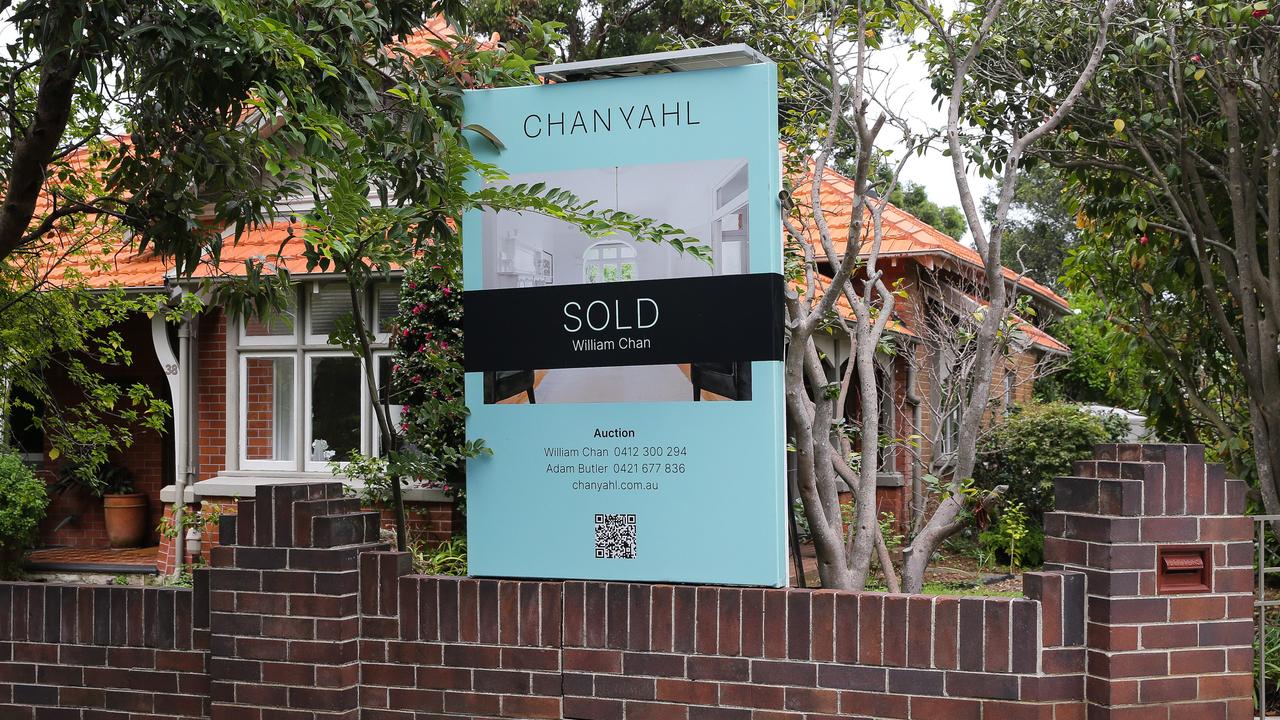
When she was pregnant, the couple were living in the eastern suburbs of Sydney where their rent was hiked $500 a week forcing them to move elsewhere.
When the baby came along, their bills and grocery shop also increased with couple paying $1600 a week just to survive. This included $1150 a week on rent, $300 on food and $150 on bills.
Initially, Emily returned to her recruitment role for 20 hours a week and was given the flexibility to work from home.
“There was only so much my partner can cover in terms of rent, bills and food,” she noted.
But after seven months, she was told she needed to get back into the office full time.
However, because the couple were on work visas they were forking out the full $156 per day on daycare fees, as well as $145 a day for a service called Bubbadesk.
“It came to the point where I said I can’t do this anymore. Financially I was just pretty much working to pay for childcare. I was burnt out. I could tell that it was impacting our child in terms of being in childcare five days a week from 7am to 5pm a day,” she said.
“So I sat down with my boss and came up with an arrangement go down to three days.”
It still means the family are paying $450 a week for childcare.
But the couple are sad to be leaving Australia, although Emily hasn’t yet told her work that’s their plan.
“We love Australia and wish we could continue living here. But as a family with no support from family or the government it is impossible,” she said.
“It really annoys me the government say we need skilled workers and people on these visas but when you have a family you have to pay for everything.”
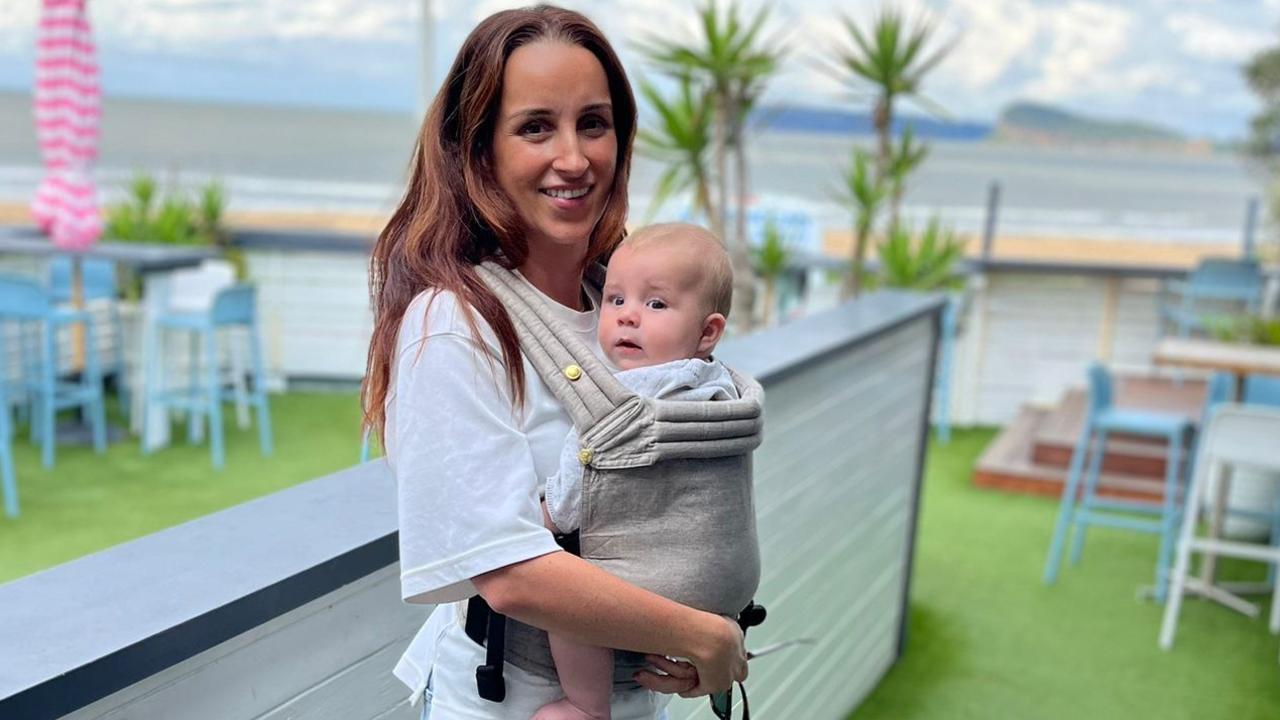
Deanna Grindod returned to work before her second baby was six months old, despite wanting 10 months off.
While the family had budgeted for her parental leave, she said they soon realised they had underestimated how “expensive” everything would be.
A new home purchase in August last year had also added to costs, the 32-year-old said.
“We budgeted for me to be off for maternity leave but we were probably a bit naive in knowing how much extra expenses go into owning a home, rather than renting,” she said. “Despite budgeting we churned through our money quicker and the cost of living played into it as what we forecasted to spend. It ended up being a lot more.”
The last interest rate rise in November last year added $50 a week for their Central Coast home, while their strata fees also increased by $200 quarterly. Council rates and water bills also rose by $30, she said.
Keeping the baby cool during the summer months saw the family slugged with a $700 electricity bill one quarter, which jumped to $1200 for the next quarter.
She said returning to work earlier was a “hard decision” and she felt it robbed of some of the special one-on-one time she was looking forward to with her second-born.
“I find it super frustrating,” she said. “The most frustrating thing I know is when both me and my partner work we can live really comfortably.
“I planned when I would go back to have all this time before then, but that is all changed when we have the one wage. It’s a stretch and we can do it with a bit of savings but all the savings have gone as the cost of living has gotten so high and we can’t live off one wage.”
The family had amassed $17,000 in savings, she said.
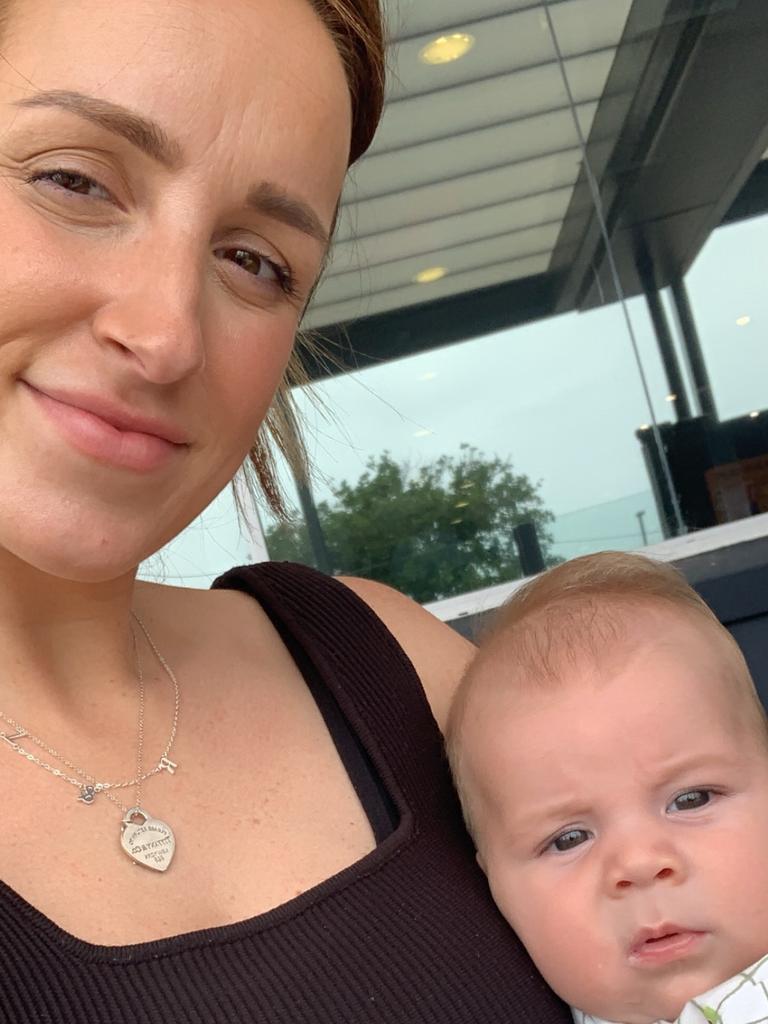

The user experience designer said there was some Judgement for putting a child into daycare so young. It means she has also used a service called Bubbadesk, where parents can work on site and have their children looked after by nannies.
“We don’t have any choice, we can’t live anymore on one wage as a wage has to be so high,” she said.
“For the dads, my partner he feels the squeeze as he feels he can’t provide for us and he a high income earner and we can’t afford to live off that one income. It’s incredibly unfair in lots of different respects.”
Despite the Australian government calling for families to have more babies — many women are done. Ms Grindod said she would love a third but purely from a financial perspective, the couple won’t be having more kids.
Australia is in the midst of “baby recession” with analysis finding births across the country fell by 4.6 per cent year on year.
Back at work three days a week, Ms Grindod said much of wage goes towards paying childcare.
“I’m often having those battles in my head as to whether its worth it, then quickly remembering the little gain is the essence for survival in this climate,” she added.
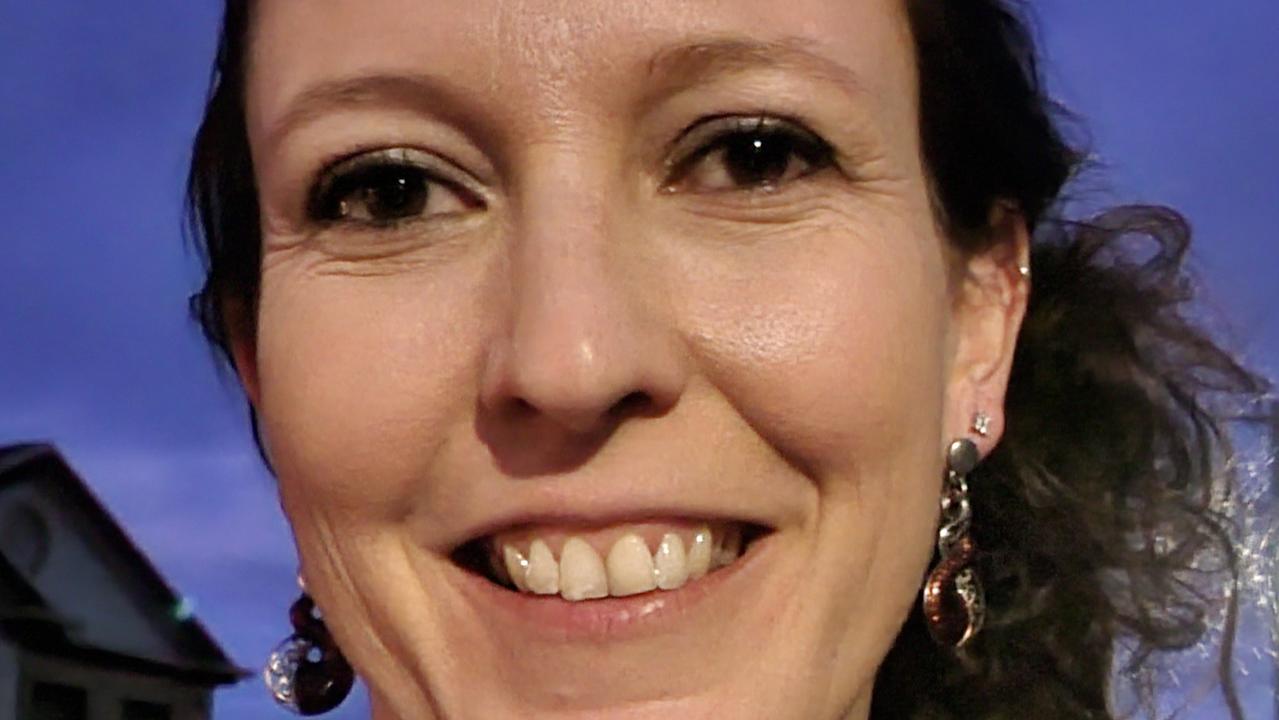
Then there’s Kimberly Beadle. She returned to work just two months after having her first child Amelia. She has her own bookkeeping and business consultant company and said she either had to hire an employee or do the work herself.
“I could get back into it and earn the income myself and have an improved quality of life for all of us,” she said.
“It’s about having to give everything you can possibly give to your little one or sit at home and not doing anything and trying not to spend money on anything.”
It did mean she was largely working around her child’s nap schedule or at night.
However, she said it did come with mum guilt as she felt she wasn’t there for her child.
But the cost increases kept hitting the family after Amelia was born. When she was three months old, their rent increased by $50 a week so the family decided to take a “gamble” and move to Wollongong.
“All our utilities, everything from phones to gas and electricity have definitely gone up … between 30 and 50 per cent, while groceries pretty much doubled in prices,” she said.
The family had turned to community based produce and food hubs like Box Divvy to save money on fresh produce, meat and bread.
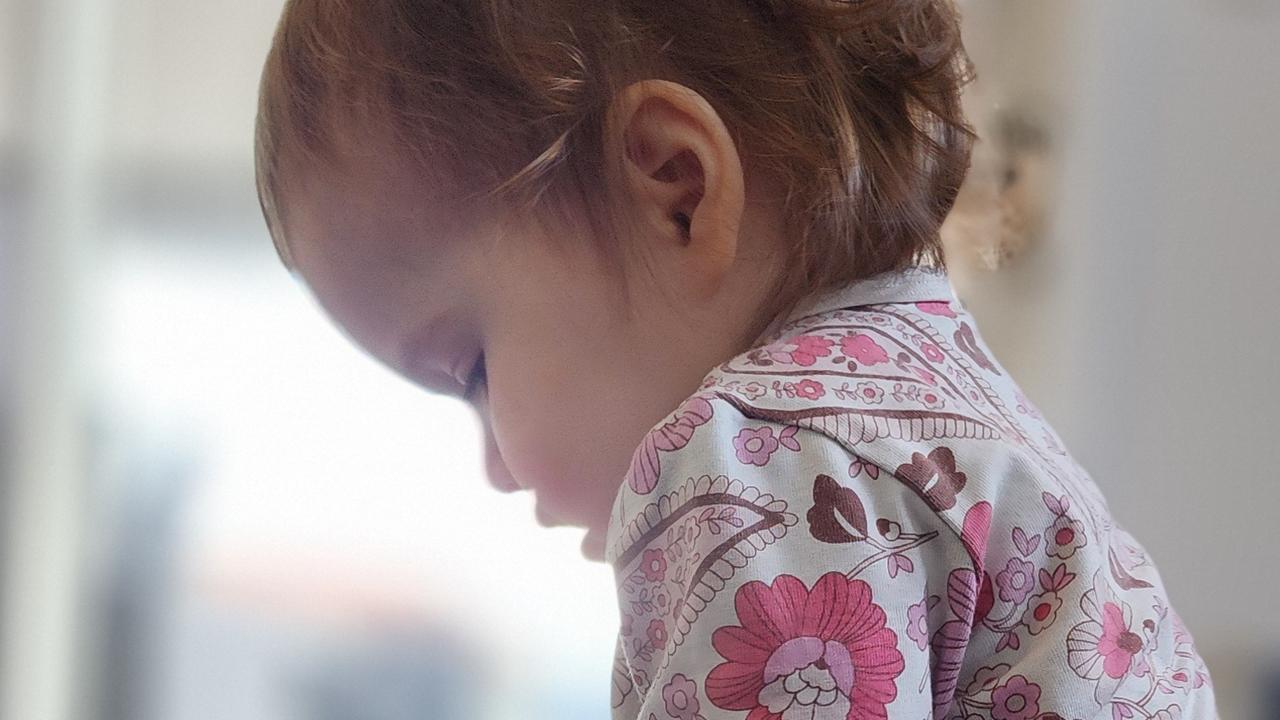
The long term cost of living has meant the couple have decided they won’t have any more children, describing Amelia as “perfect in every way”.
But Ms Beadle said she had witnessed the cost of living crisis playing out the business owners she helps out.
“I have seen a trend with them, especially after they have a kid, they suddenly have an additional venture that is adding to their workload,” she said.
“They become an employee and have a business doing something on the side, or they create a whole other business venture as a source of income.
“I’ve seen that multiple times over last couple of years. Everyone is growing and changing to find different ways to source income. Australia is a great country to set up and create a business overnight but seems to be more of a necessity these days rather than a just a desire.”
It’s a “big issue” in Australia where women are being forced to return to work earlier because they “need to earn money”, said Dr Fiona Macdonald policy director of industrial and social with the Centre for Future Work.
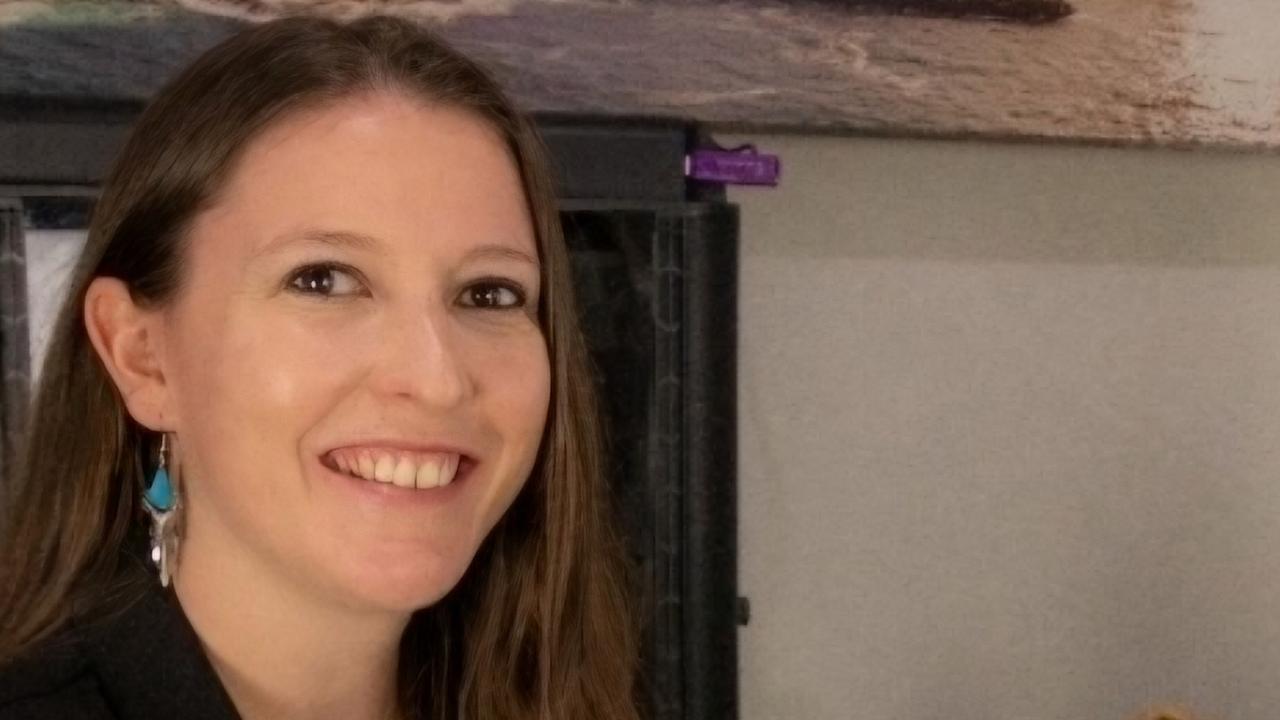
She said for a start paid parental leave from the government, which sits at minimum wage, needs to be increased.
“It should be paid not at the low rate it currently is,” she said. “It needs to be a better income replacement, otherwise men never take it as normally they are the higher earners, that is in heterosexual relationships.”
But often women are faced with further roadblocks of returning to a workplace that doesn’t offer the flexibility for women to care for young children.
As a result, women either “opt out” of better paying jobs or leave the workforce entirely until children are older.
“Women end up returning but falling off their career paths,” she said.
Dr Macdonald said there is the need for universal affordable childcare, better paid jobs that offer flexibility to promote women’s economic equality and men to take more parental leave.
sarah.sharples@news.com.au






